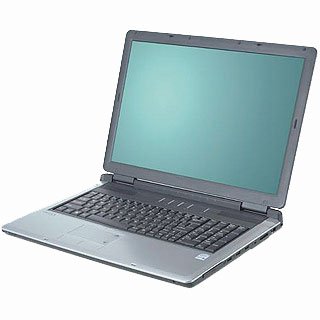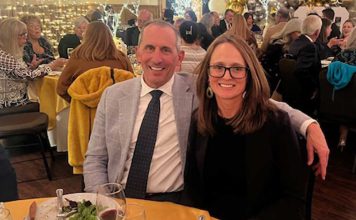A Gilroy man who has been called at least 15 times by identify theft scammers claiming to be from Microsoft wants to spread the warning and prevent additional people from being victimized.
Robert Gomes, who was first contacted Nov. 15 by unknown individuals claiming to be from a company called iTech Solutions, claims the scammers try to weasel their way into bank accounts by offering to assist with an upgrade that will supposedly make the computer run faster.
The company, which operates under multiple false names, promises to assist with upgrades to Windows Vista 7 or 8, then asks the victim for their IP address (a unique string of numbers called “Internet Protocol”). This gives the suspects remote access to the victim’s computer, allowing them to nose through files and gain access to credit card or bank information.
“They’re saying the right things and coming up with call centers and they sound legitimate,” said Gomes. “They say, ‘we’re doing this for free and it’s a recall.’”
Gomes called the Gilroy Police Department – who did not immediately return calls for comment – and Verizon Wireless, asking if either group wanted contact information for the scammers.
At least one person in Florida already fell victim to the scam and had $500 wired out of their bank account before realizing they’d been duped, according to Gomes.
“(The victims) think their computer is going to be faster and pretty soon they are going to their bank account and there’s no money,” he added.
So far, Gomes has been called by a 214 (Texas) area code number, a 261 (the country code for Madagascar) area code number and a blocked number.
Each time, Gomes tried to call the number back to verify that it was, in fact, Microsoft. But the number was always disconnected.
Recently, Gomes says the scammers have gone so far as to set up a 1-800 toll-free calling center that accepts phone calls from people who call back.
Gomes has called family and friends to alert them to the scam, but worries that some unsuspecting victims will take the offer seriously, give away access to their computer and then be faced with having to change a lot of passwords and cancel credit cards.
“I Googled it and these people are calling homes and saying they are from Microsoft,” said Gomes. “And if people are fooled by them – we’re talking money transfers.”















